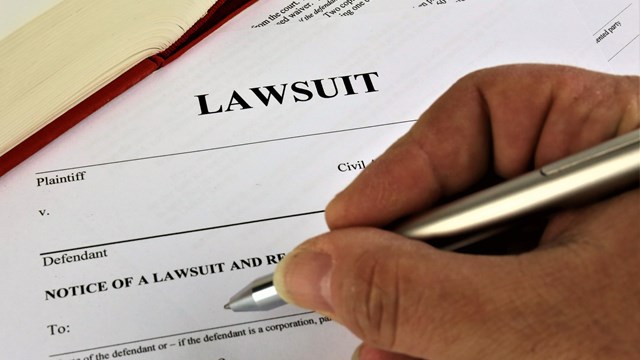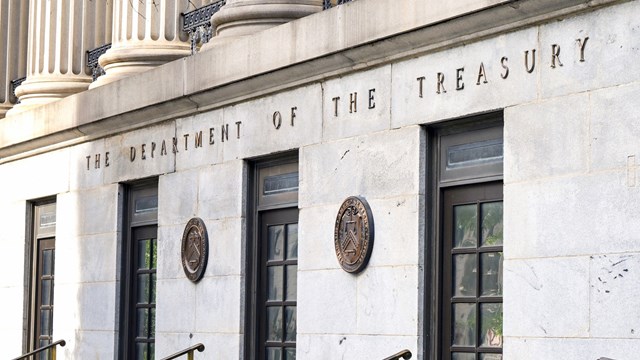
Is a condominium, co-op, or any type of common interest community (CIC) a democracy? Do shareholders have the right to access the documents and information that boards use to make decisions? Can they demand to see those documents? The answer is not a simple yes or no.
What Does the Law Say?
“New Jersey’s Condominium Act and its Nonprofit Corporation Act provide that members may see corporation documents not subject to privilege,” says Chris Florio, an attorney with the law firm Stark & Stark in Lawrenceville, New Jersey. “Some documents are subject to exception, such as those that are covered under attorney-client privilege, for instance.” Documents easily obtainable by association members not serving on the board include such things as a list of members of the association and minutes of meetings. “There’s no reason why a member may not access those types of association documents,” says Florio.
But what about other types of documents, such as vendor bids for major capital projects or, for argument's sake, commitment letters for financing common area improvements in a condominium, or an underlying permanent mortgage for a co-op property? Do residents have the right to inspect those on demand? “No, they don’t,” says Florio. Those documents often involve matters of confidentiality, and therefore access to them is restricted to those serving on the board. Again, Florio points out that there are exceptions, such as when the board has held onto the bids for a project, and kept them among the association’s documents. In that case, a member may gain access with a subpoena. “It’s part of the corporate record,” he says. “During the bidding process, the bids are not available to members - but if you keep them, you may lose the ability to keep them secret.”
Scott Piekarsky, an attorney with Phillips Nizer, a law firm located in Hackensack, concurs. “Under New Jersey’s Condominium Act,” he says, “the condominium association must maintain accounting records open to inspection at reasonable times by unit owners. They must keep records of all receipts and expenditures, and account for each unit’s share of common expenses, due dates, etc. - but it can only be given generically, and may not point to individual units or names. The association can’t release information to other members exposing that a member is in arrears.” Documents more specific than this - things like vendor bids and financing arrangements - are not available upon request.
What About Malfeasance?
Given the tight restrictions on access to information, what should a condominium member do if they suspect malfeasance on the part of the board, a board member, or management? How can they access documents that might either affirm or refute their suspicions?
“In case of vendor bids,” says Piekarsky, “the member would have to make a written request to the association for the documents. The association would likely push back, and say the documents requested are not public information, and therefore shielded under governing documents. The association member making the request can then go to the New Jersey Department of Housing to the Office of Community Affairs (DCA) and make a complaint. As is the case with most disputes in common area communities in New Jersey - and as required under New Jersey law - alternative dispute resolution (ADR) requirements may kick in as well.”
That said, Florio points out that in reality, directives issued by the Office of Community Affairs often don’t have much in the way of teeth, and the association member seeking those documents may have to go to court, and even bring a lawsuit against the association, which can become quite expensive.
A Word About Co-ops
Florio points out that there is very little statutory authority for co-ops in New Jersey, although attempts are underway to bring them under more of a statutory umbrella. In New Jersey co-ops, adds Piekarsky, “You have to go to their governing documents to see what is provided in terms of document transparency.” Ultimately, co-op owners can also appeal to the Office of Community Affairs and the Common Interest Community Association Complaint Board, which will likely lead back to the same ADR provisions offered for conflict resolution throughout New Jersey.









Leave a Comment